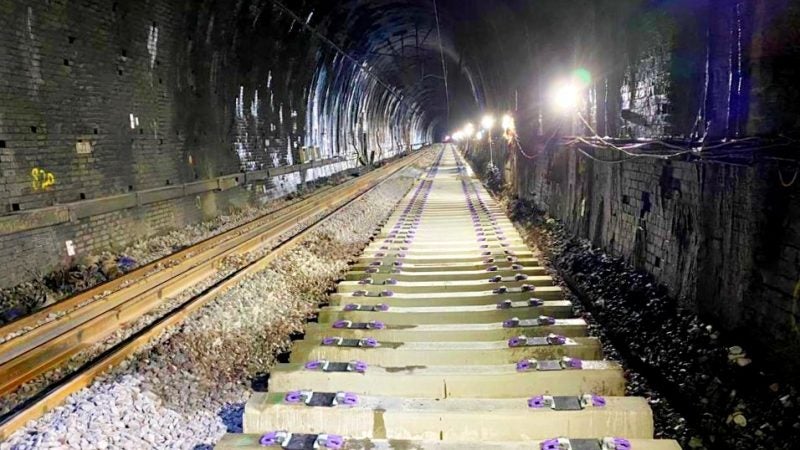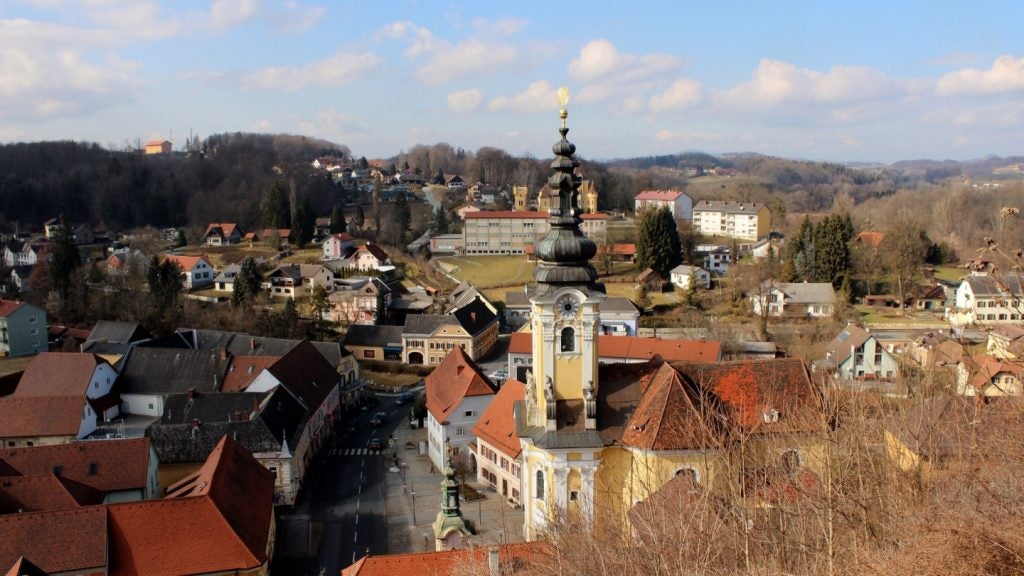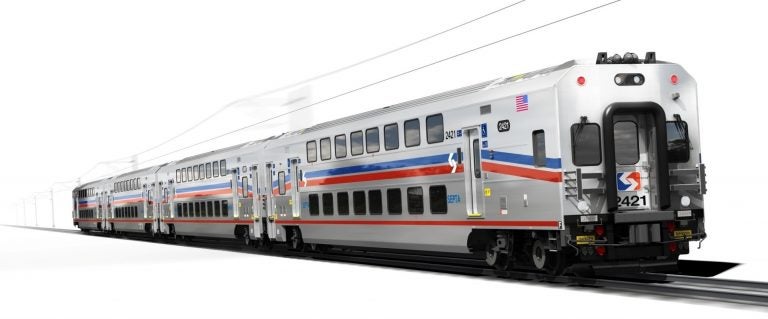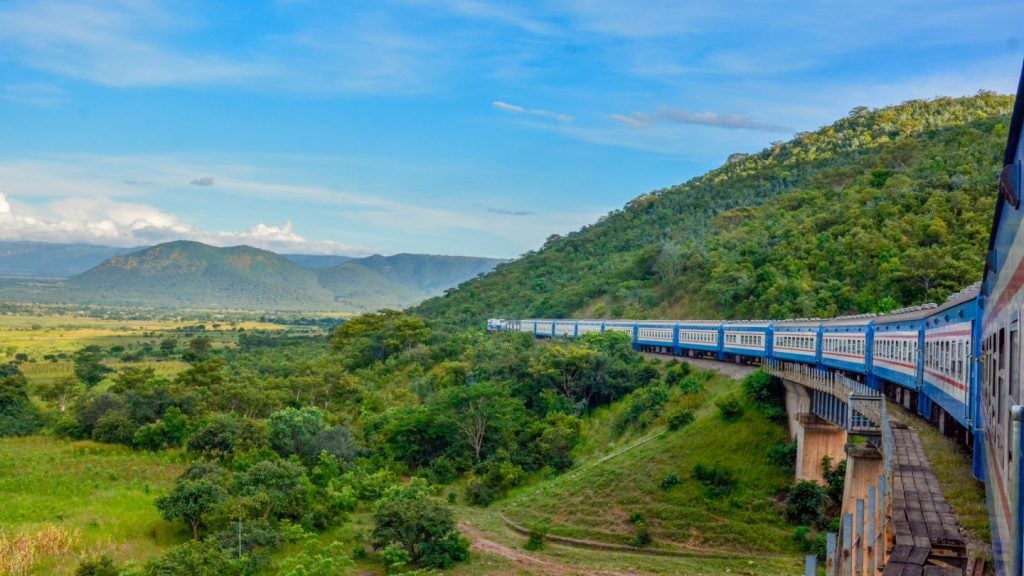
UK infrastructure manager Network Rail has completed the work on the longest tunnel closure since the Victorian era to improve journey times on West Coast main line.
The Kilsby Tunnel near Daventry reopened on 18 May after major upgrades were carried out for the drainage and track on a major part of one of busiest mixed-use passenger and freight railway lines in Europe.
The tunnel opened in 1837 and was leaking water, which led to track flooding and degradation.
Due to this, speed restrictions were imposed for the 400 trains that passed through it each day, which caused delays for many passengers travelling between Euston and the Midlands.
With the completion of the waterproofing and track drainage improvement work, trains can operate at full speed through the tunnel at 110mph. It is estimated that this will save 82min of delays each day for Avanti West Coast services.
Network Rail West Coast Mainline South director James Dean said: “Bringing Kilsby tunnel up to modern standards will make a huge difference for passenger and freight trains on the economically important West Coast main line.
How well do you really know your competitors?
Access the most comprehensive Company Profiles on the market, powered by GlobalData. Save hours of research. Gain competitive edge.

Thank you!
Your download email will arrive shortly
Not ready to buy yet? Download a free sample
We are confident about the unique quality of our Company Profiles. However, we want you to make the most beneficial decision for your business, so we offer a free sample that you can download by submitting the below form
By GlobalData“In normal times it would have been impossible to close this entire section of railway for an upgrade of this scope and scale. I’d like to pay a huge credit to our train operators and industry colleagues for enabling us to carry out this work at short notice and get the railway in the best possible shape as the country recovers from the coronavirus pandemic.”
During the project, Network Rail stated that 1.3km of track was replaced, 2,458 new concrete sleepers and 7,700t of railway foundation stone were laid, and 745m of new drainage was created.
The work was carried out during the Covid-19 pandemic in agreement with other train operators as there are fewer trains operating during this time.







